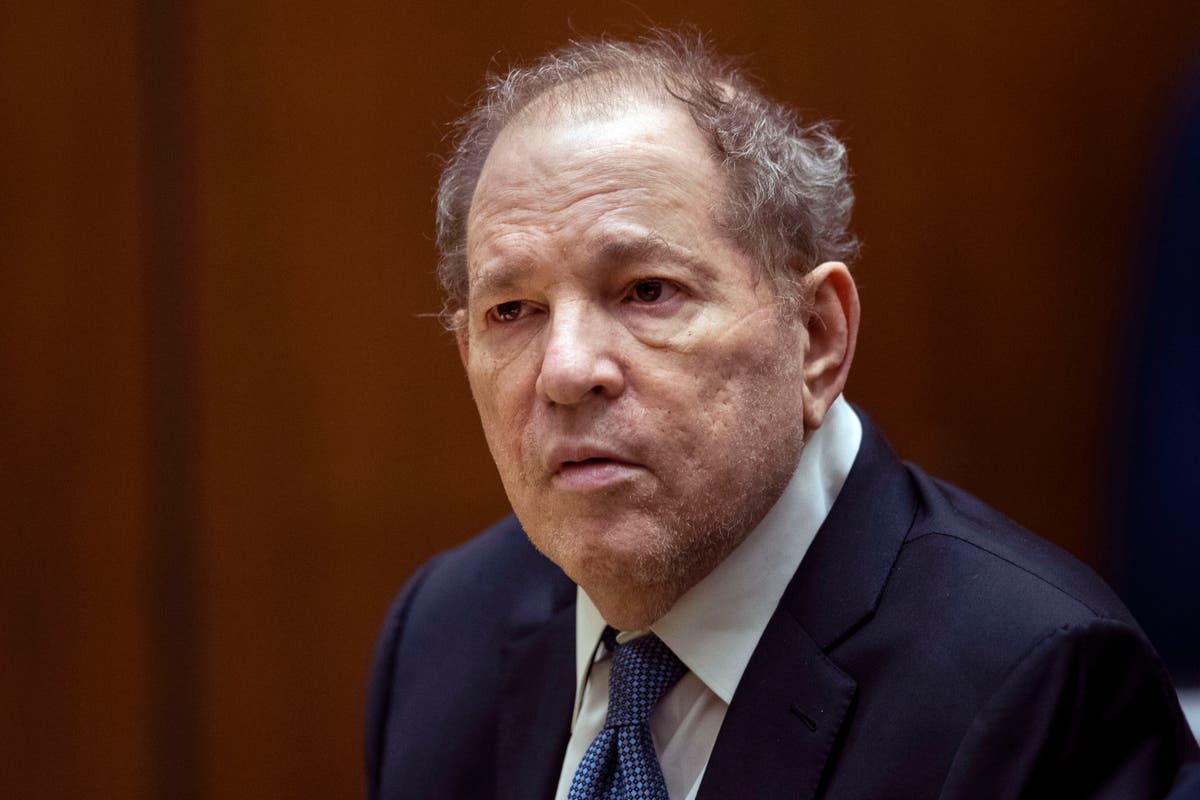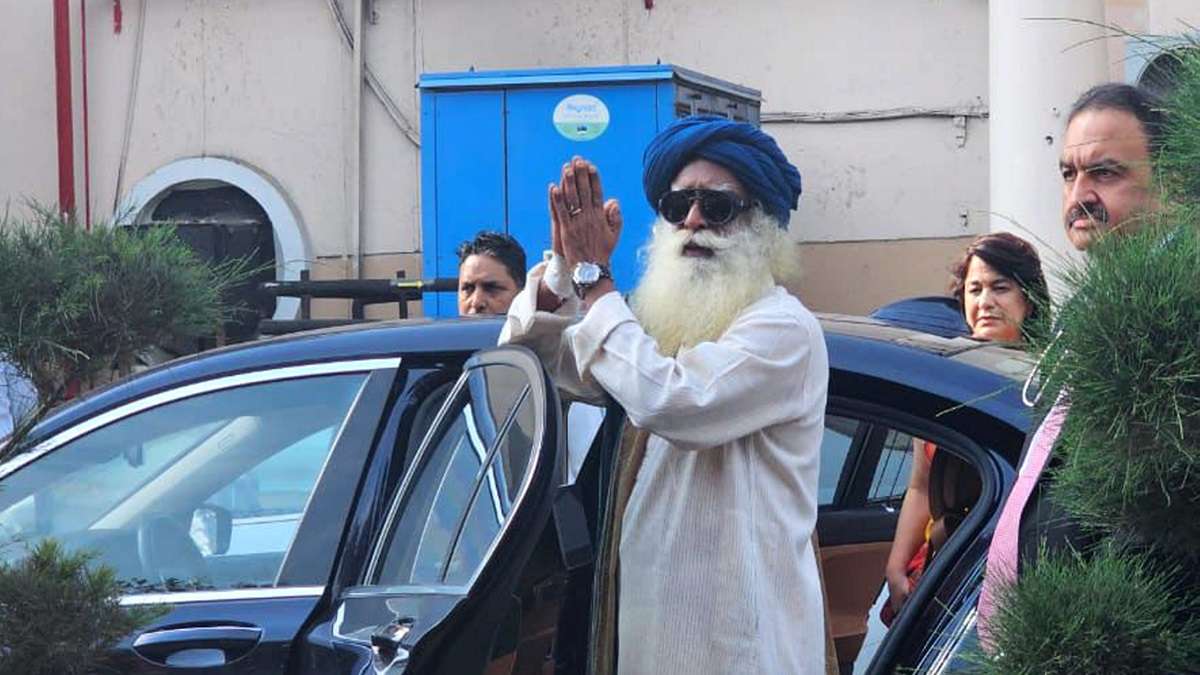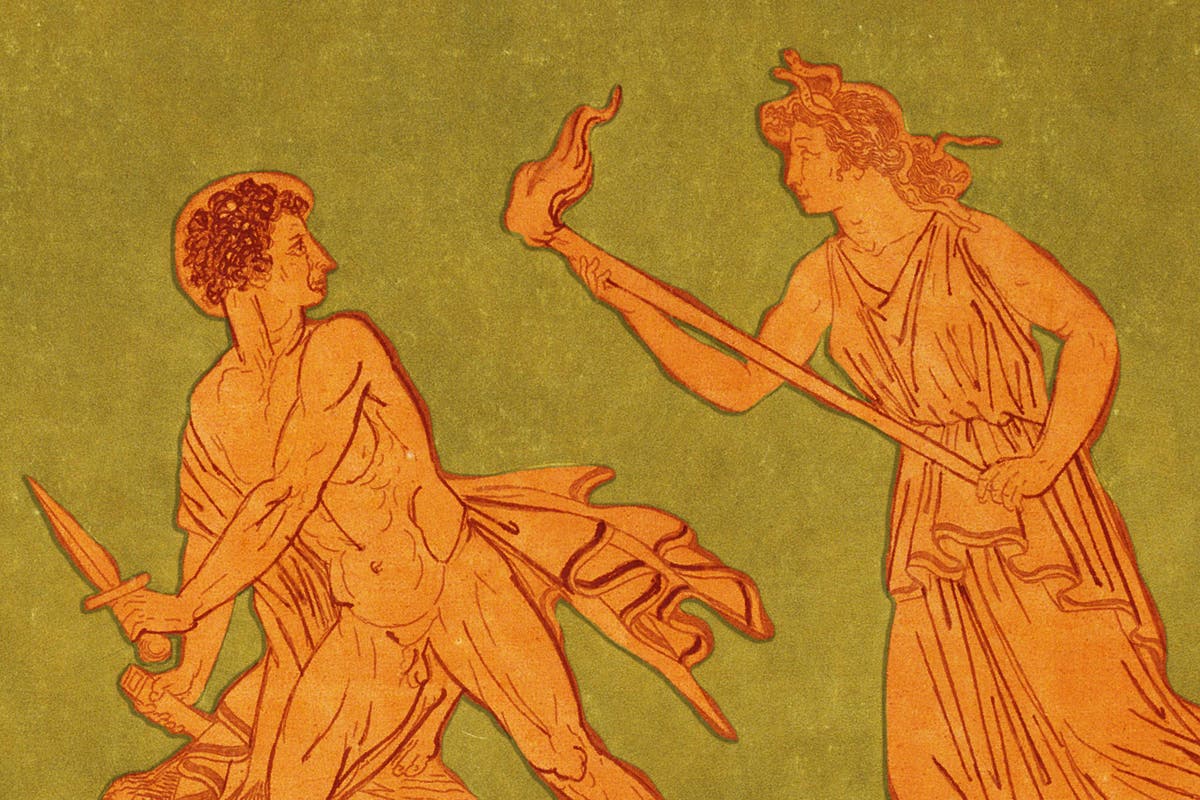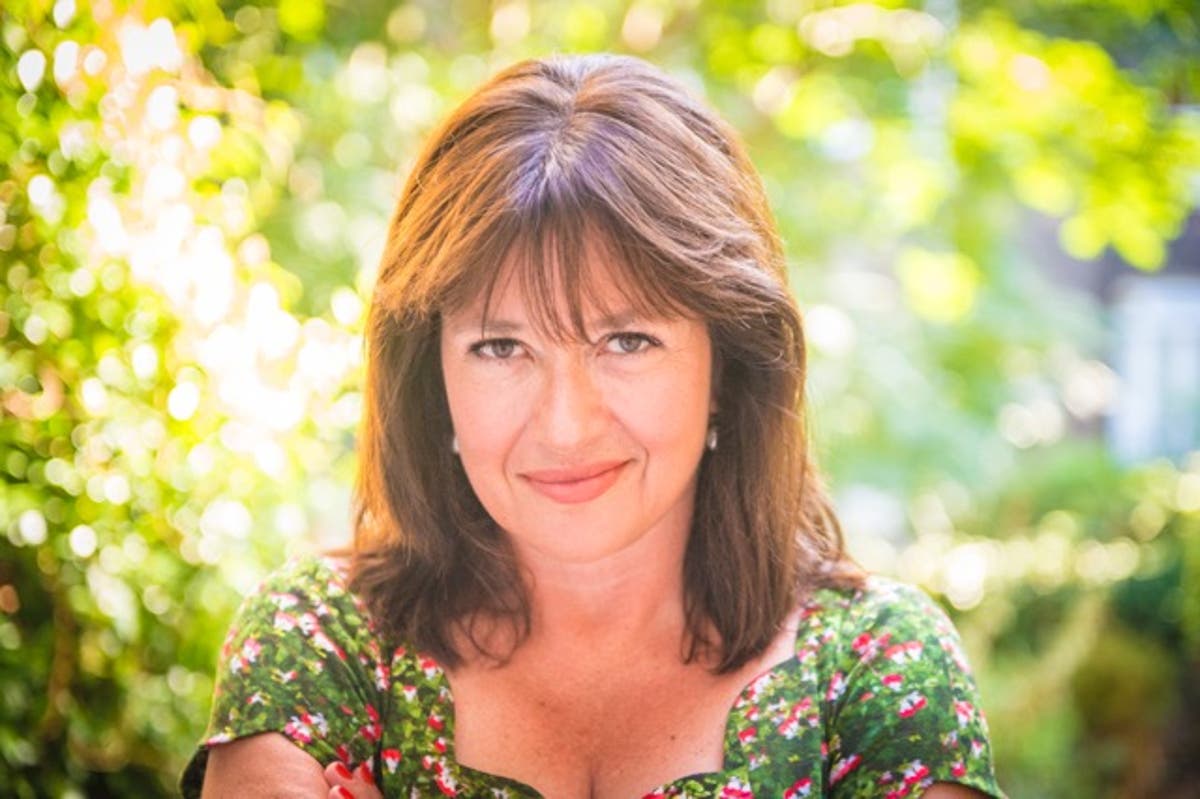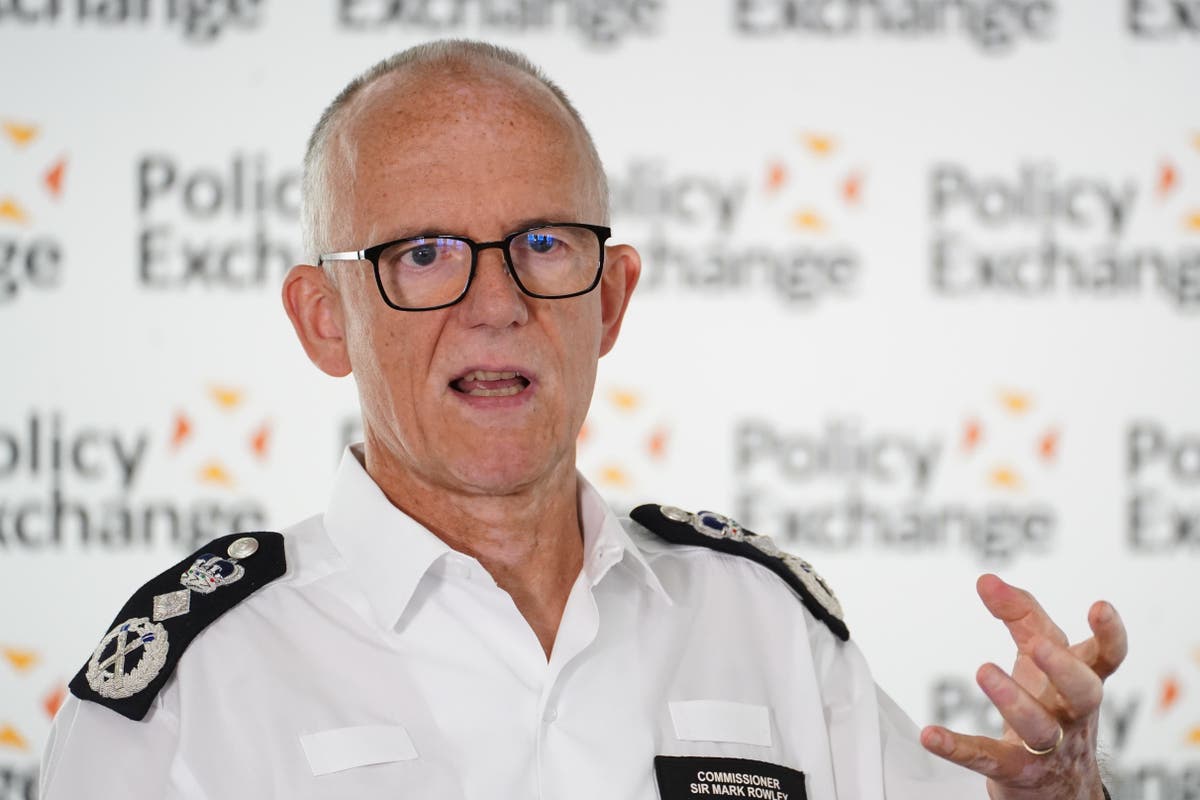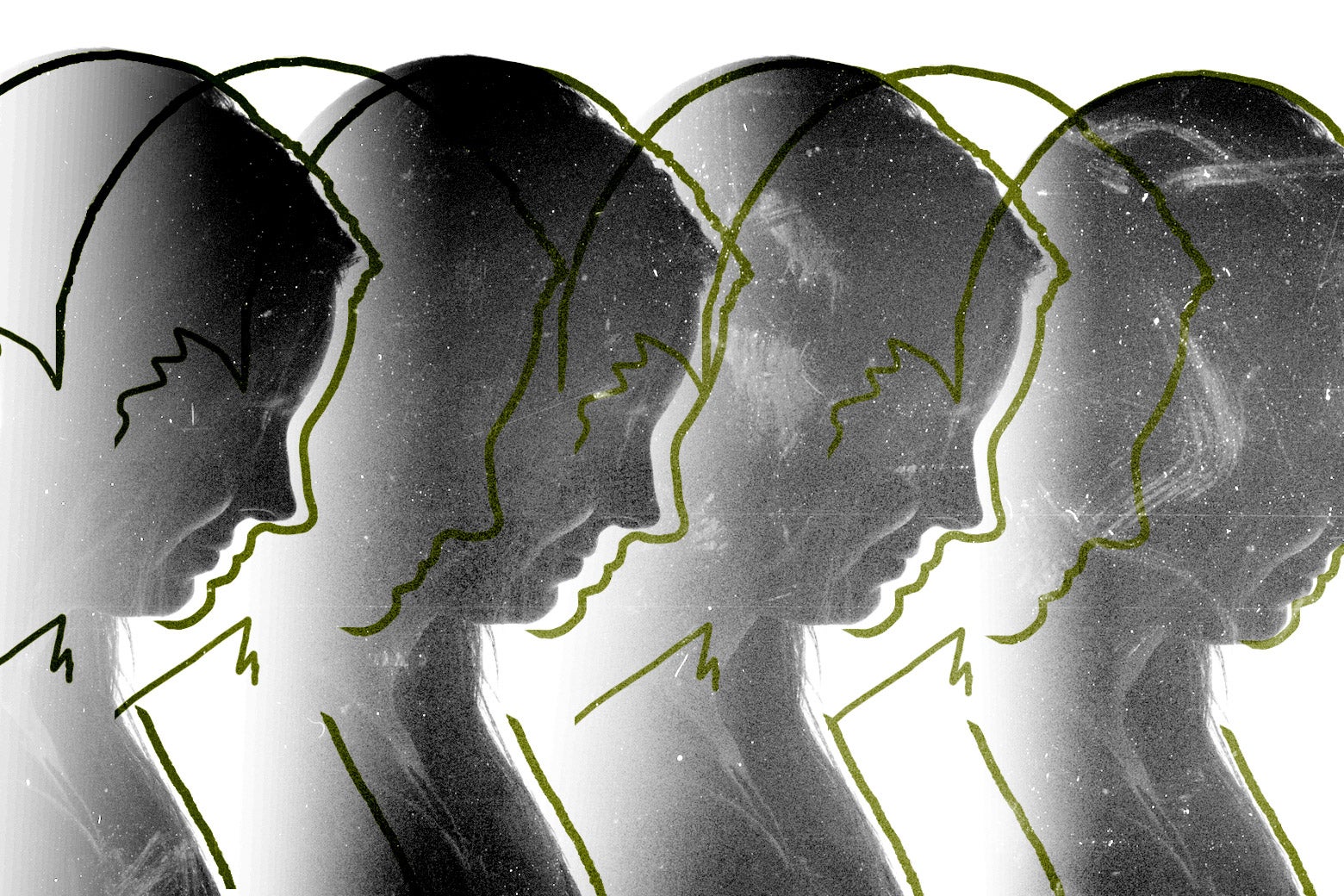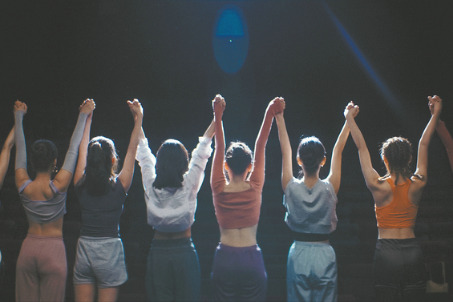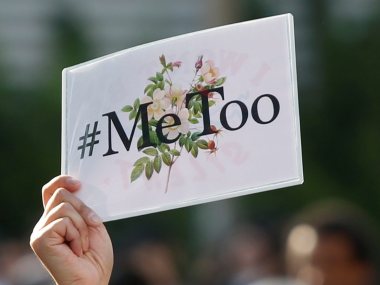)
No MeToo or CCTV in our time, but we found ways to ward off sexual predators, say veteran women journalists
FirstpostEditor’s note: Following Rituparna Chatterjee’s report — Is India’s #MeToo moment here? “The women of my generation,” says a third senior journalist who started her career in the early 1970s, “were largely engaged in fighting a different kind of battle. Jerath believes women still must cultivate a personal psychological barrier — one that prepares them to say ’no’, clearly, to unwanted advances — but at the same time, she feels that women have been harassed for so long that if MeToo ends up with some fake, made-up or exaggerated claims, that is “unfortunate, but perhaps the only way to play up the gravity of the situation and make people understand the reality”. Today women aren’t taking things lying down — they want to keep their jobs.” Patralekha Chatterjee, a senior journalist and columnist, took up her first reporting job in Delhi in the mid-1980s, and she felt vulnerable from day one — not because of predatory coworkers but because journalism is all about contacts and she, a migrant from Kolkata, had absolutely none. “The public position taken by a man on any issue — such as batting for women’s equality — should not be mixed with how he really is at work,” she says, “Though this meant I had to reject lucrative opportunities.” Once, a journalist — he worked at a different newspaper — on the pretext of offering a lift after a late-night press conference, took Chatterjee to his apartment.
History of this topic

Jilly Cooper recounts ‘terrifying’ attempted rape by a fellow author
The Independent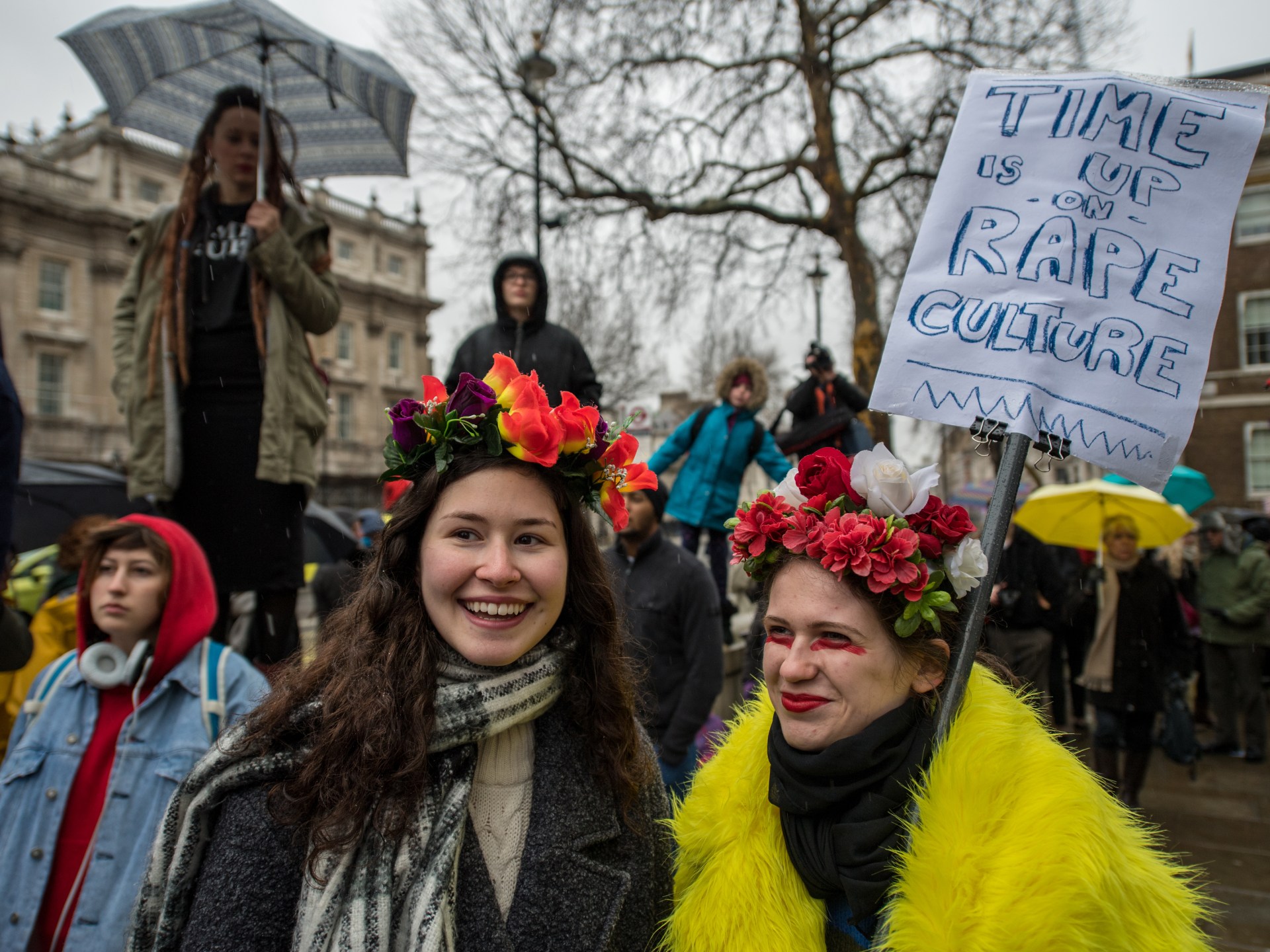
#MeToo movement, it turns out, was just a fleeting moment
Al Jazeera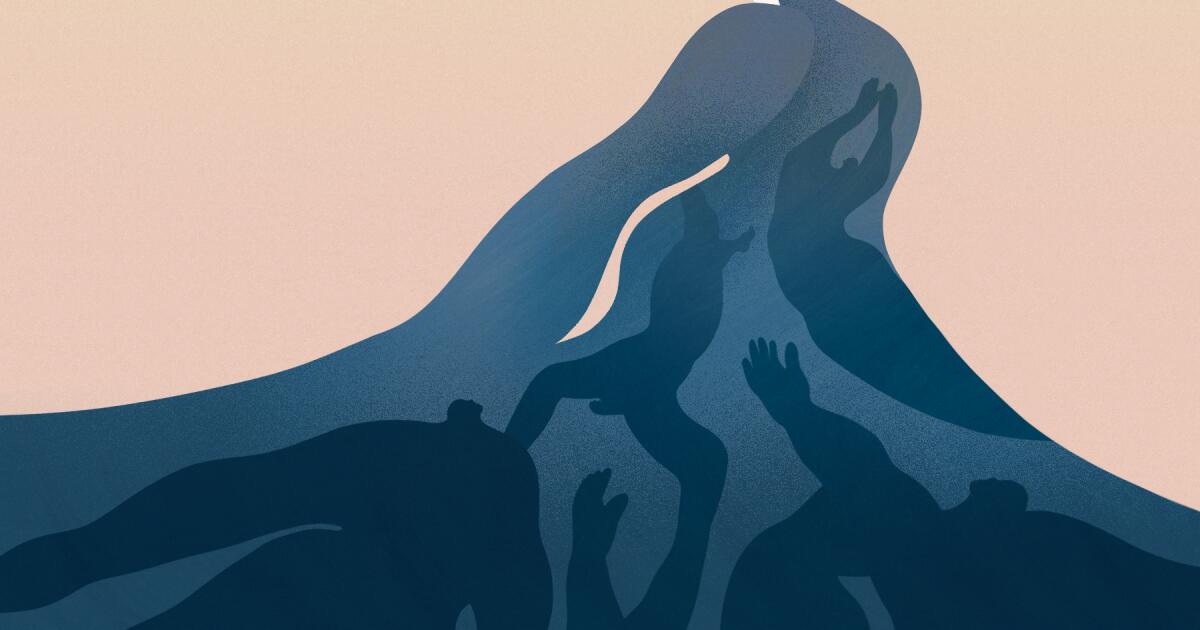
Column: Haunted by untold stories, five years after #MeToo
LA Times
Where the #MeToo movement stands, 5 years after Weinstein allegations came to light
NPR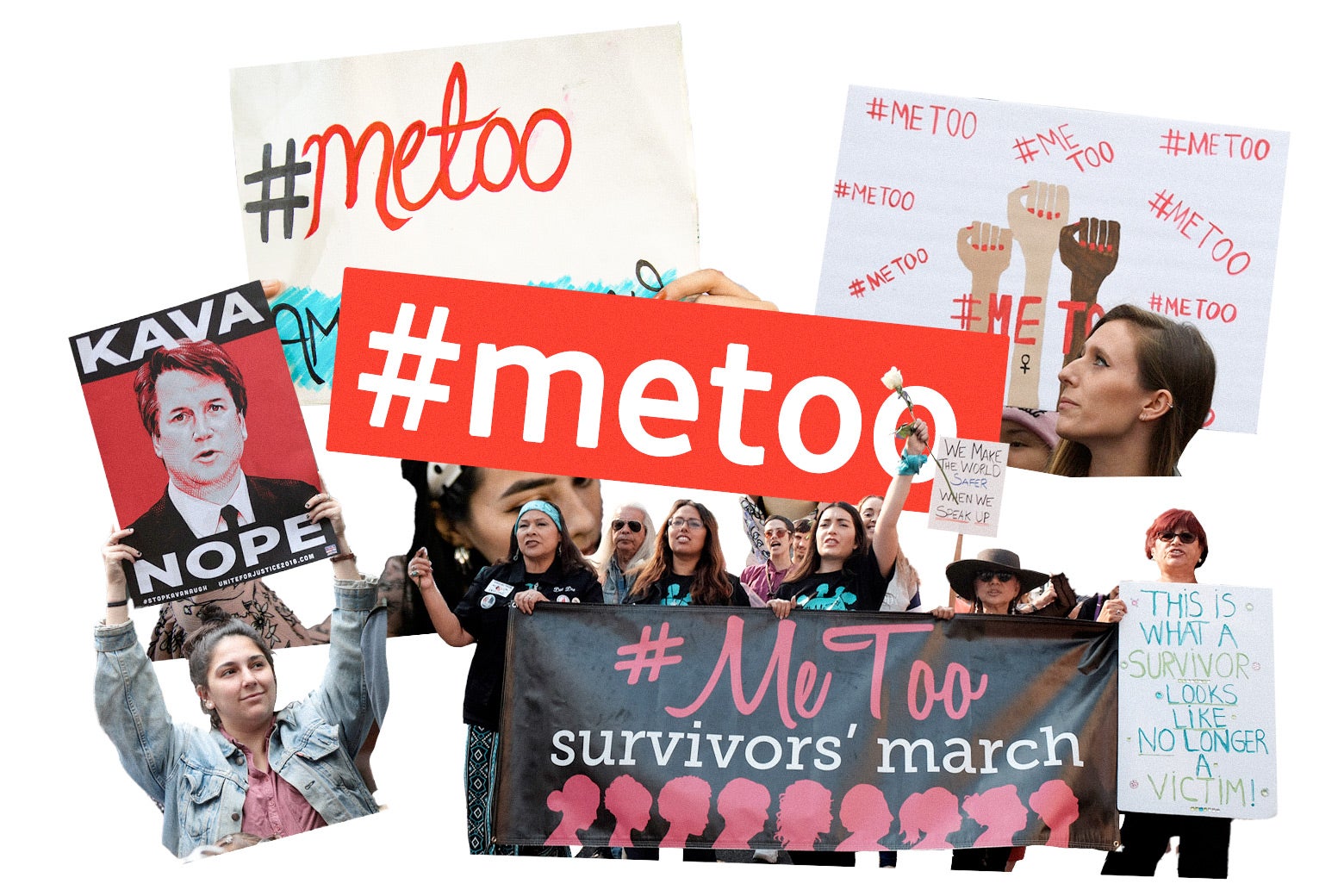
The Parts of #MeToo That Still Endure
Slate)
Explained: How the #MeToo movement helped women around the world
Firstpost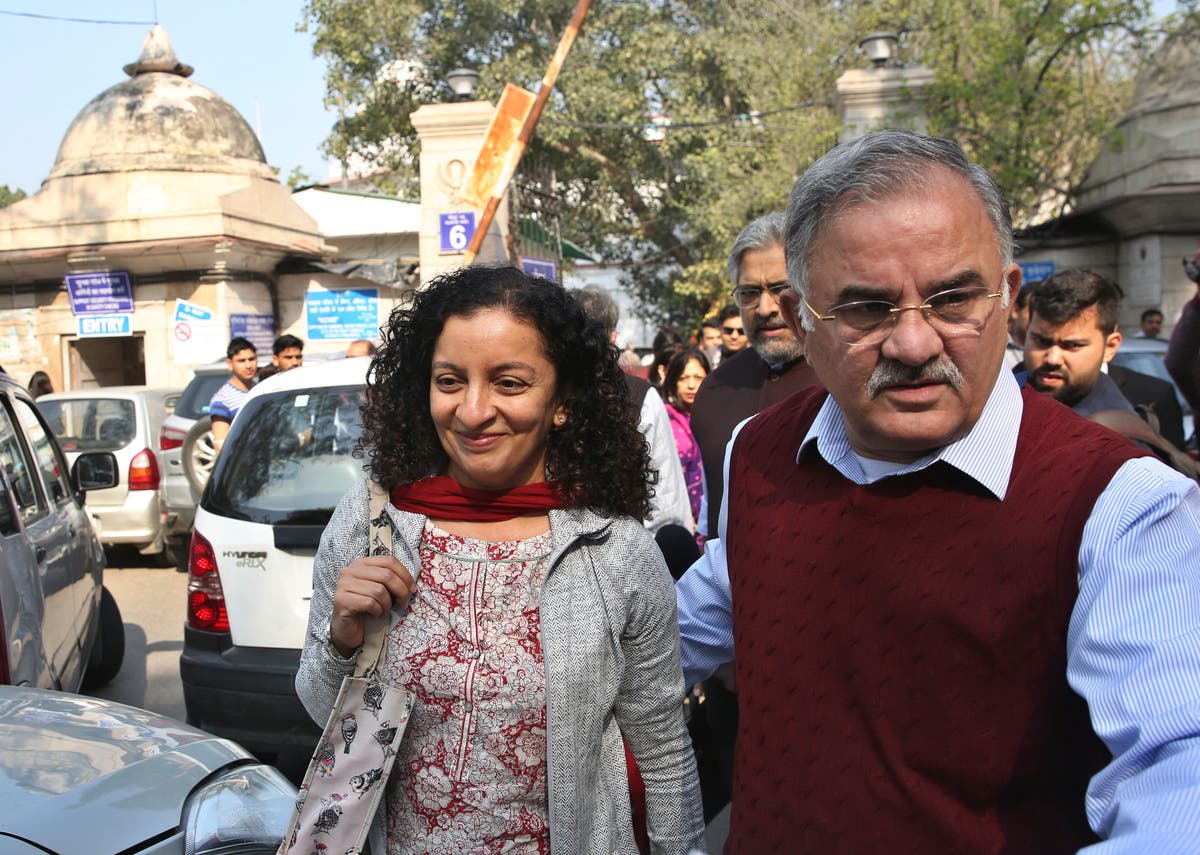
For millions of Indian women, this landmark MeToo ruling is an emotional moment of validation
The Independent
#MeToo: Women speaking up against MJ Akbar required celebration, Priya Ramani tells court
India Today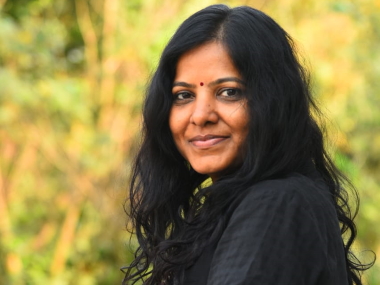)
Leena Manimekalai on India's #MeToo movement, fighting defamation case: 'Absolute truth is my absolute defence'
Firstpost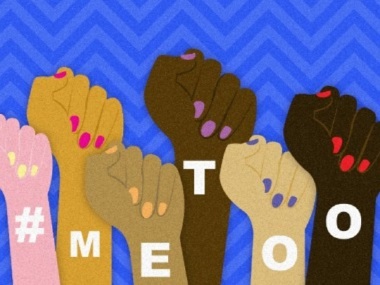)
A year after #MeToo's second wave, systemic change eludes Hindi TV industry, but attitudinal shift in evidence
Firstpost
How investigative journalism sparked off the #MeToo movement
Live Mint)
A year of talking about #MeToo: What has changed in the internal lives of women since the movement's second wave?
Firstpost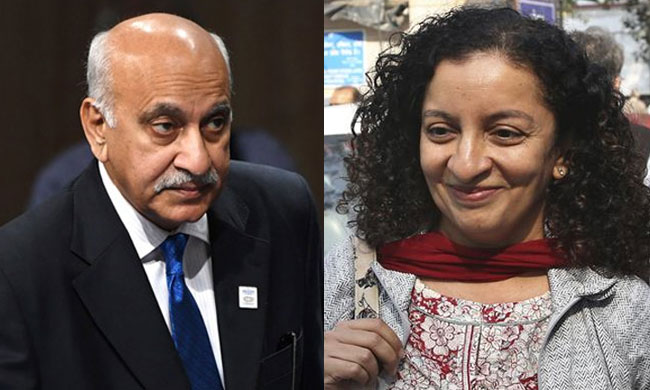
'Its Unfortunate That Women Who Faced Sexual Harassment Have To Defend Criminal Proceedings For Telling The Truth': Priya Ramani Tells Court
Live Law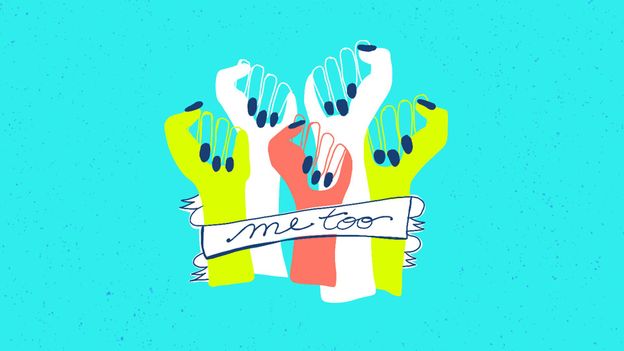
The MeToo evolution
BBC)
#MeToo in India: Speaking up against non-sexual harassment should be the next logical step for the movement
Firstpost
‘#MeToo has not gone far enough’: Survey finds movement virtually unheard of by women in developing countries
The Independent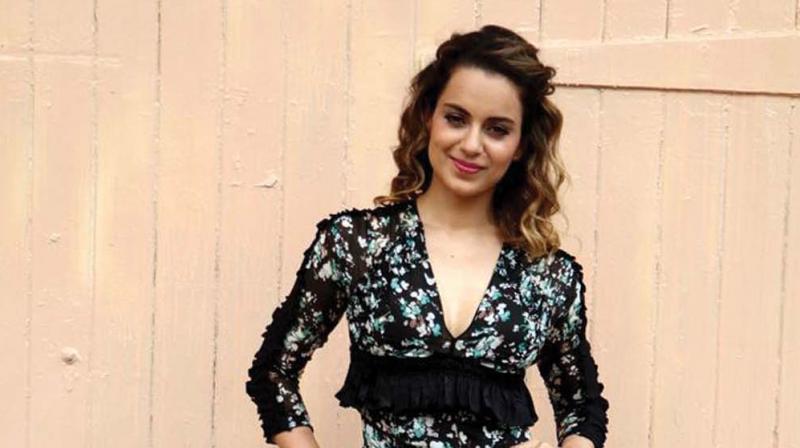
Millennials voice their views!
Deccan Chronicle)
#MeToo and its aftermath: Notes from the 'margins' of lists that name and shame
Firstpost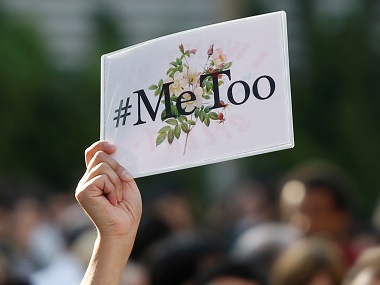)
After MeToo, 80% men are overly cautious while interacting with women colleagues: Report
Firstpost
Priyanka Chopra on #MeToo: Women are told do not talk about it
India Today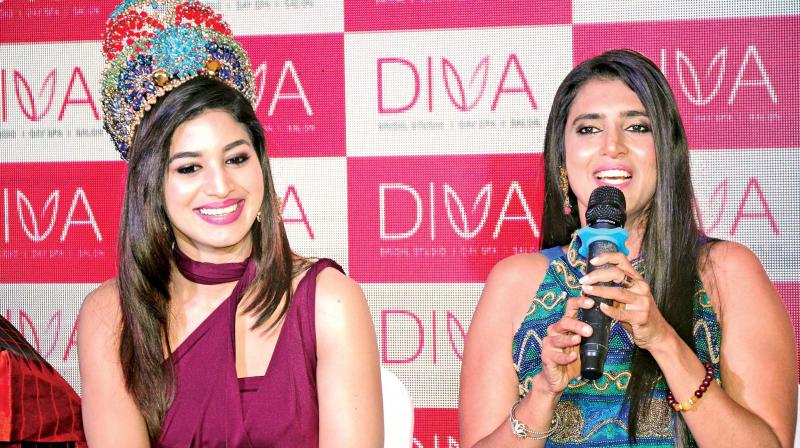
MeToo movement has helped women open up, says Kasthuri
Deccan Chronicle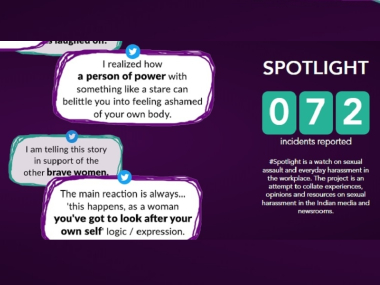)
Spotlight on #MeToo: Tackling workplace harassment in Indian media
Firstpost
Now is not the time for men to speak about how MeToo is hard for them. Now is the time for men to listen
The Independent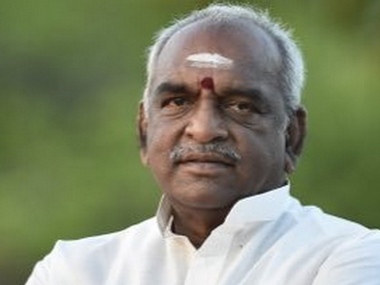)
#MeToo movement launched by people with 'perverted' minds, says Union minister Pon Radhakrishnan
Firstpost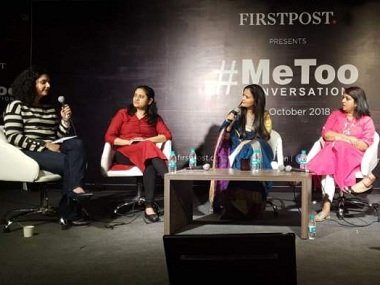)
Firstpost's #MeToo Conversations: How must sexual harassment at the workplace be dealt with?
Firstpost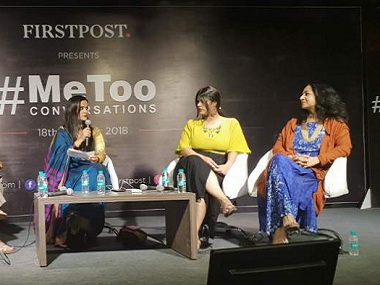)
Firstpost's #MeToo Conversations: Sandhya Menon, Rituparna Chatterjee, Mahima Kukreja on making the movement truly inclusive
Firstpost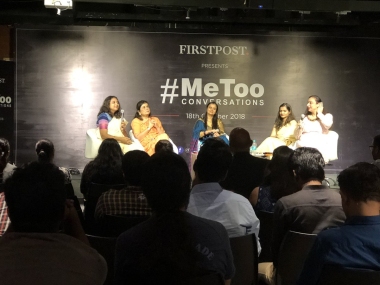)
Firstpost's #MeToo Conversations: Mrunalini Deshmukh, Vandana Shah, Rashmi Bansal and Rutuja Shinde on legal recourse
Firstpost
Mocking #MeToo, and learning too, online
The Hindu
#MeToo: Twenty journalists pledge to testify against MJ Akbar in court over sexual harassment allegations
Op India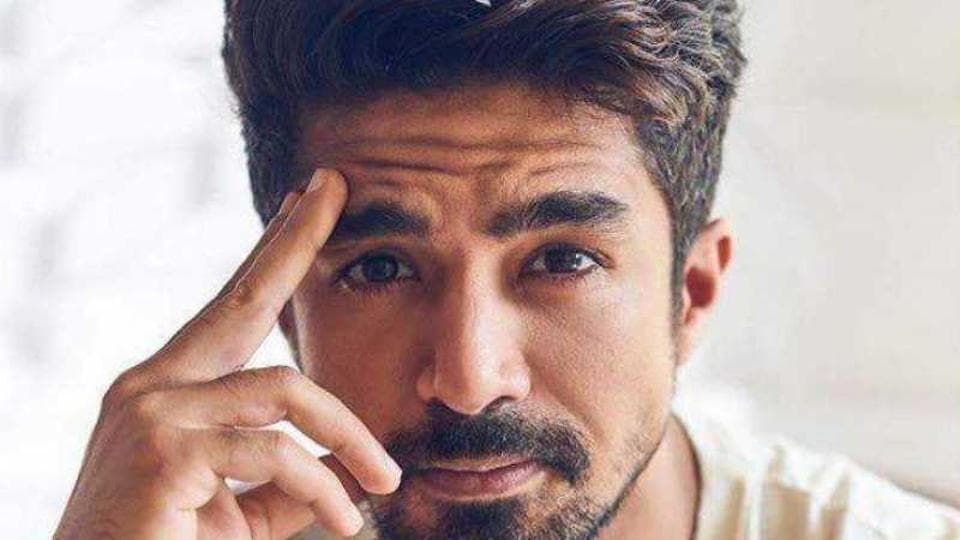
Saqib Saleem reveals his MeToo story, says a man tried to molest him when he was 21
Hindustan Times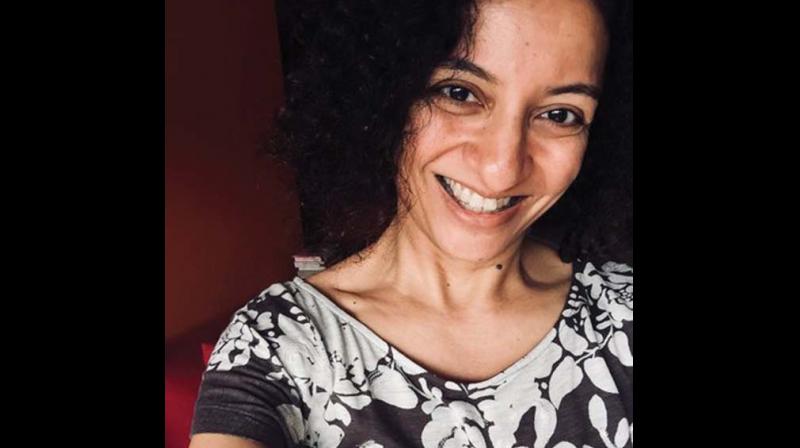
#MeToo campaign: Truth is my only defence, says Priya Ramani
Deccan Chronicle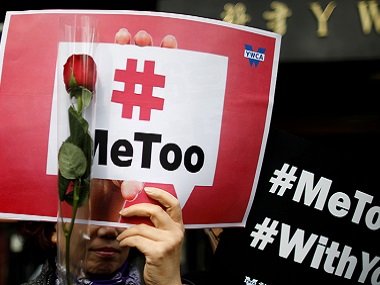)
#MeToo: Accusations against men can’t be construed as guilt; calculus of probability should account for innocence
Firstpost
One year of #MeToo movement, 8 interesting things to know
India TodayJournalism after #MeToo
The Hindu)
#MeToo in India: Journalist Vinod Dua named in harassment allegation dating back 29 years
Firstpost)
MJ Akbar accused of sexual harassment: Former journalist's fall from grace a defining moment for Indian politics, #MeToo India
Firstpost)
#MeToo in India: After decades of silence, an unafraid generation of young women are opening the floodgate of revelations
Firstpost
#MeToo Movement: It’s important to believe women and pay attention to their stories: Vicky Kaushal
India TV News)
#MeToo in India: A list of allegations as reported on social media, and followed up by Firstpost
Firstpost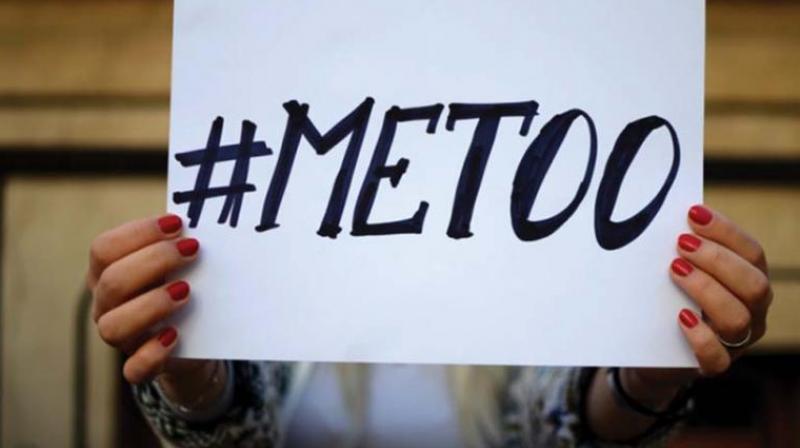
#MeToo to #UsToo: Power lies in numbers
Deccan Chronicle)
#MeToo list continues to grow, but significant number of accused likely to be acquitted: Here's why
Firstpost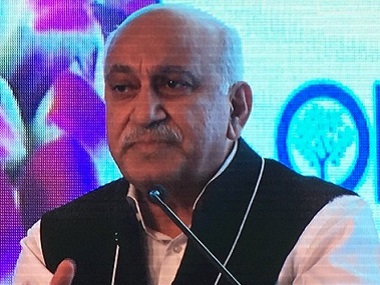)
#MeToo: MJ Akbar's use of 'predatory' tactics, sexual harassment in newsroom — 18 women share their ordeal
Firstpost)
#MeToo in India: NCW in process of reaching out to survivors of sexual harassment as more women recount ordeals
Firstpost)
Editors Guild of India 'condemns predatory conduct of men', expresses solidarity with women speaking up in #MeToo movement
Firstpost)
#MeToo in India: Online abuse and criticism mar social media crusade against sexual harassment which is outing abusers
Firstpost
#MeToo: This Mahalaya, Let Women be Empowered to Slay the Evils of Misogyny
News 18)
Women in Media group condemns 'rampant sexism, misogyny', releases to-do list for J-schools, media organisations; read full statement
Firstpost)
#Metoo in India: Mumbai Press Club backs women journalists, demands action from employers, law enforcement
FirstpostDiscover Related
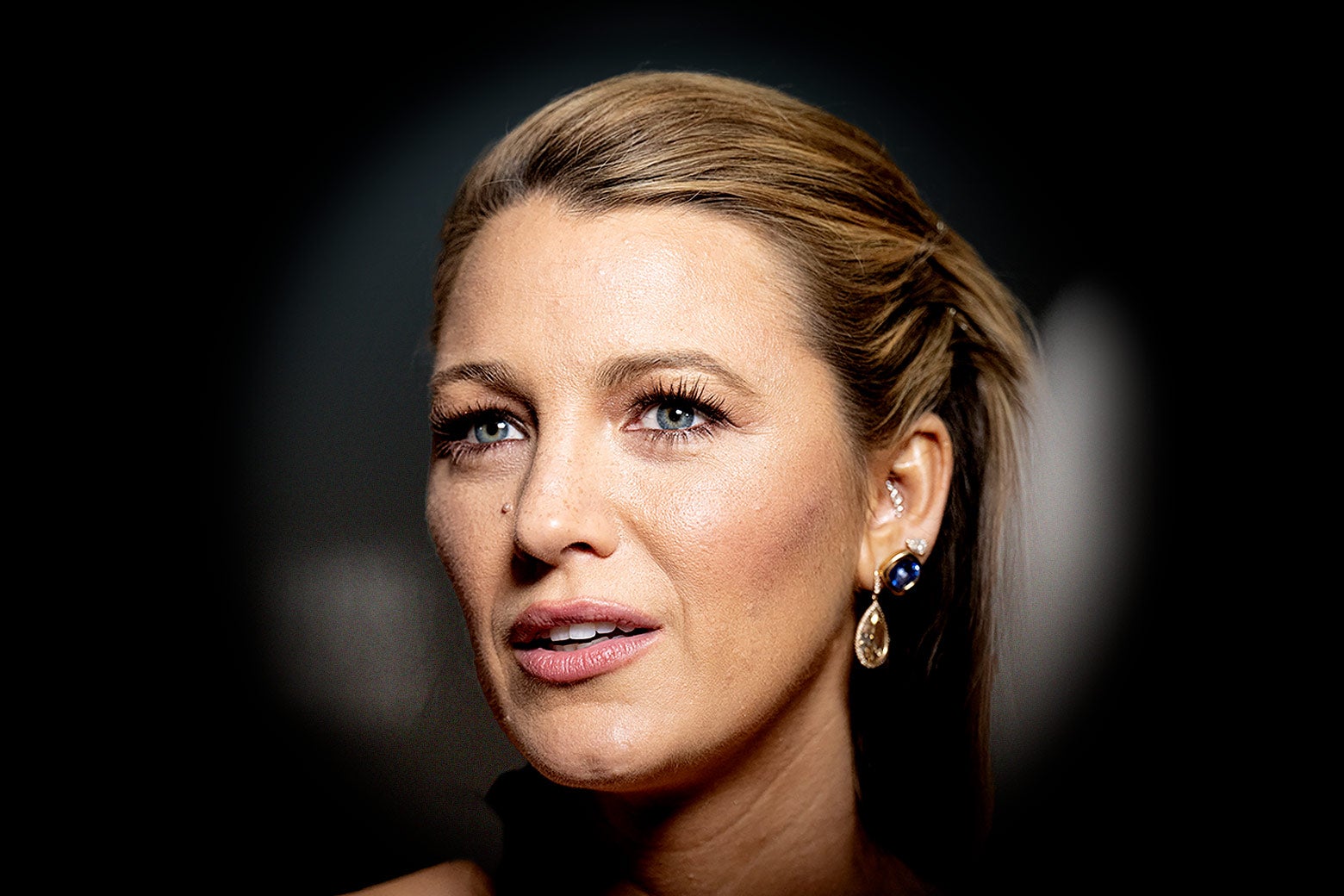
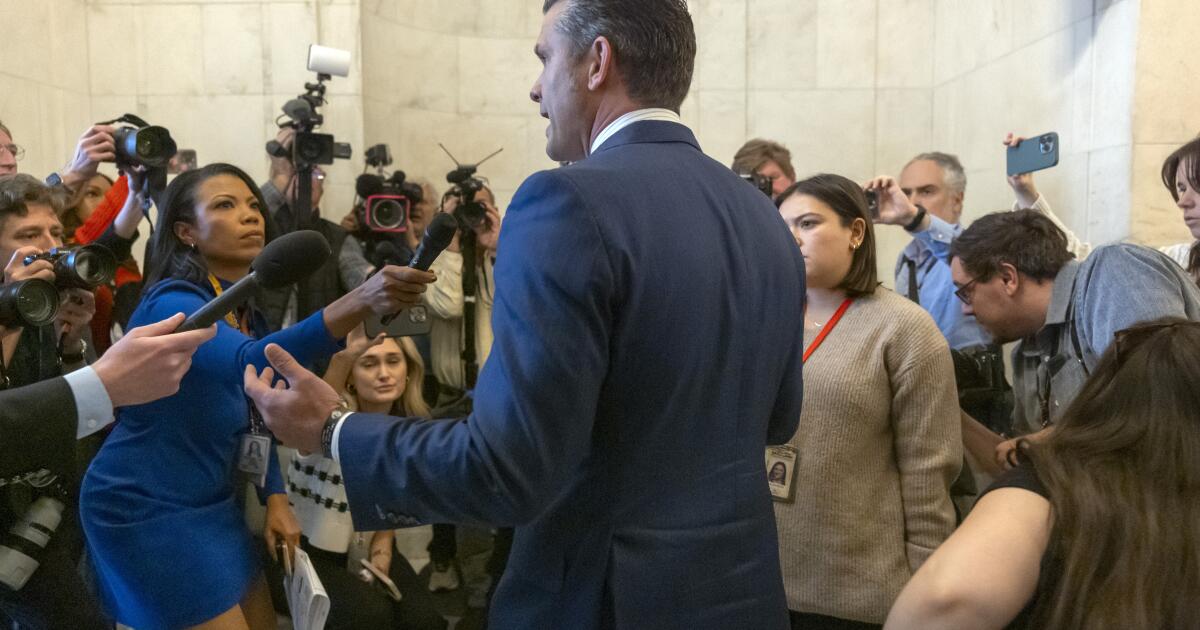

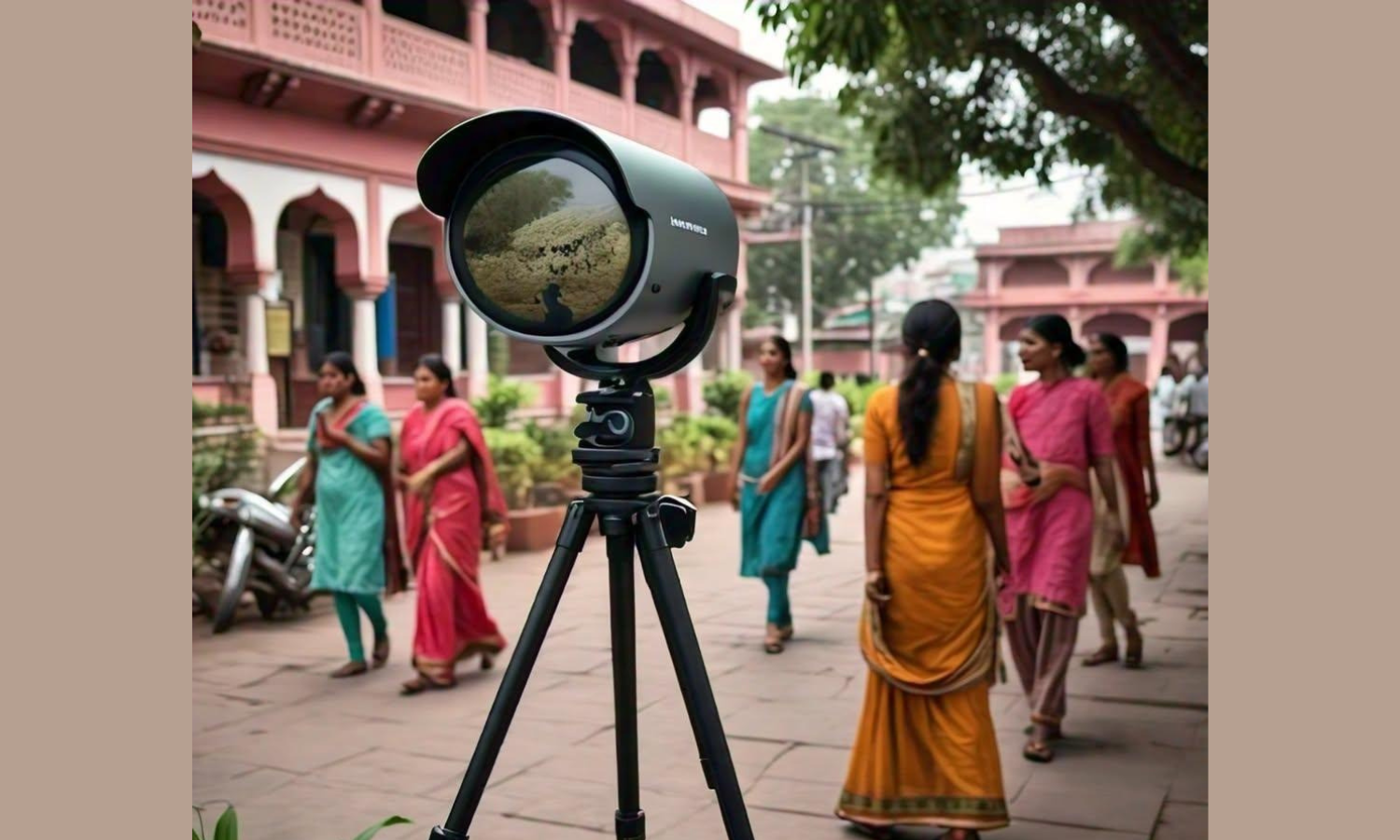
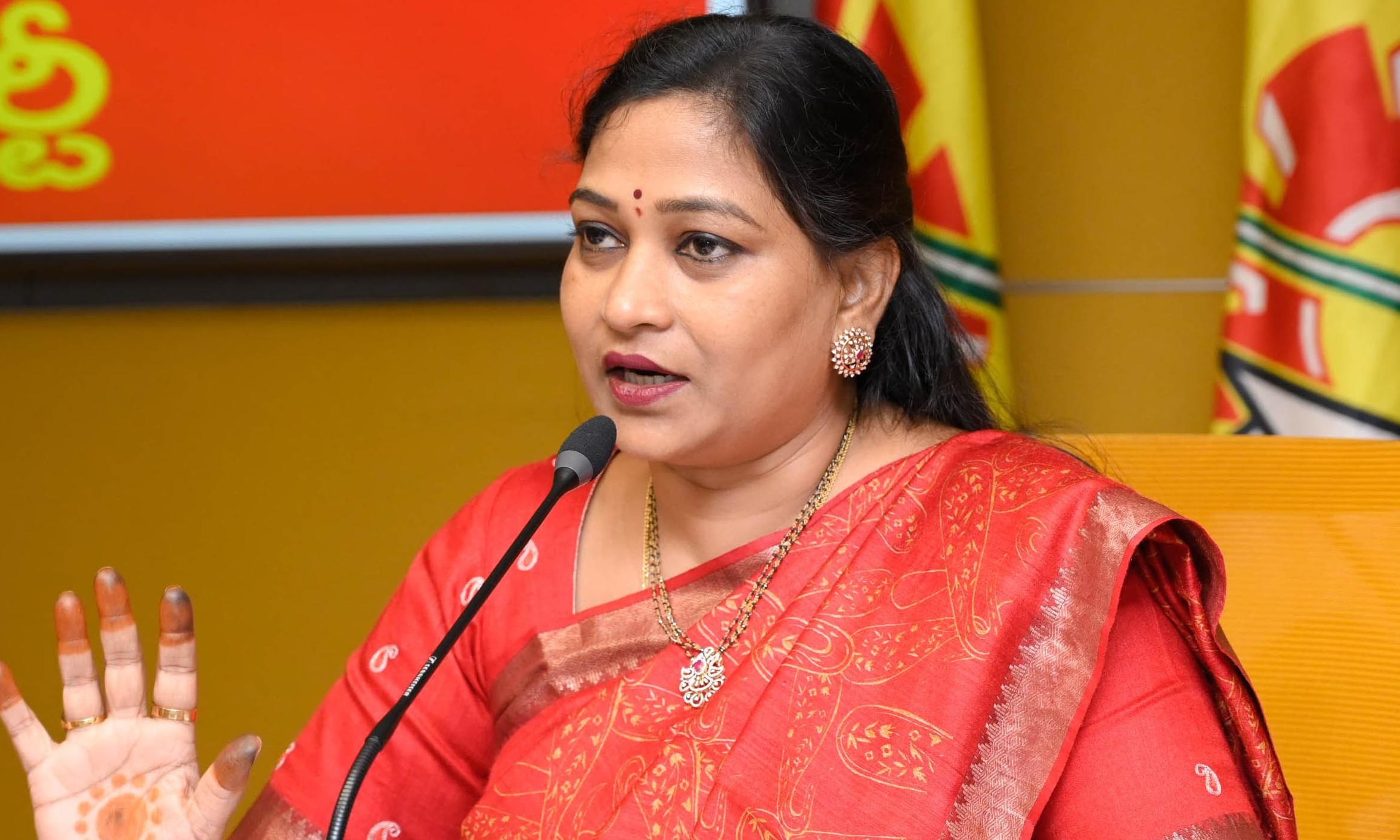

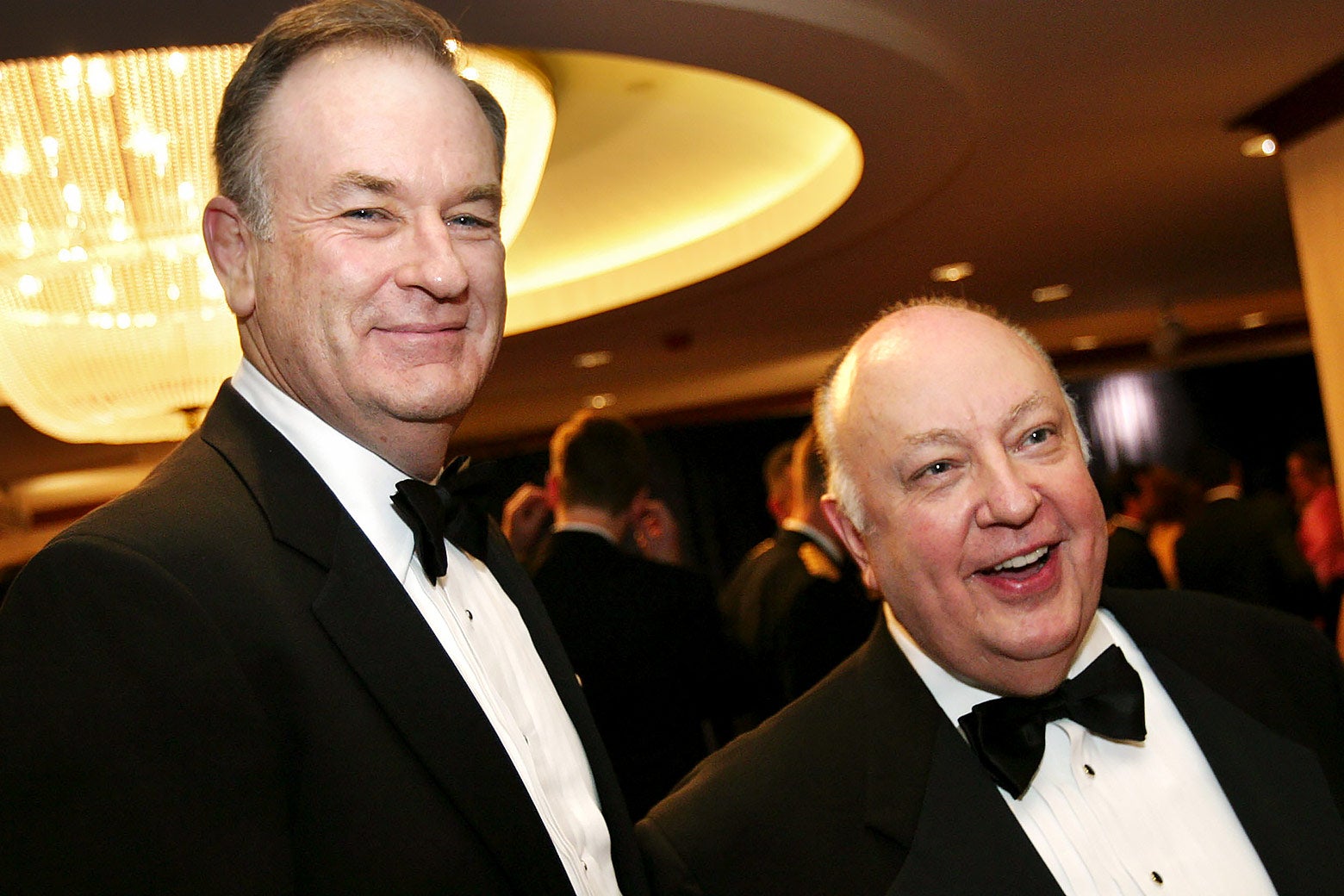


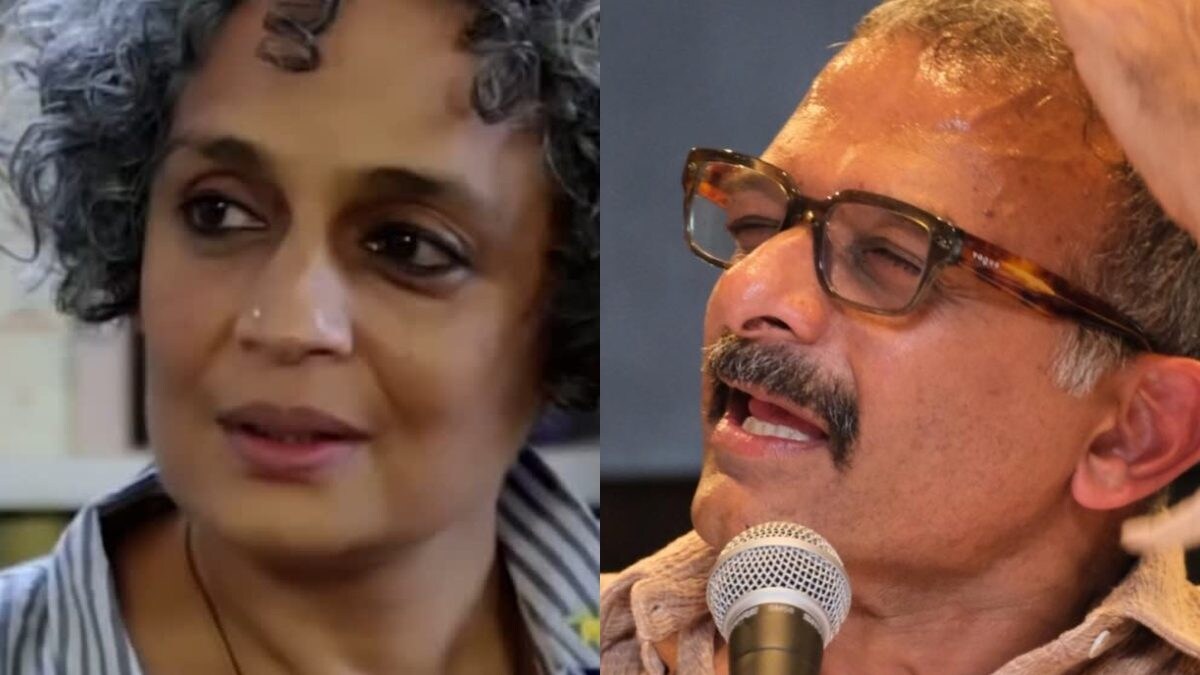


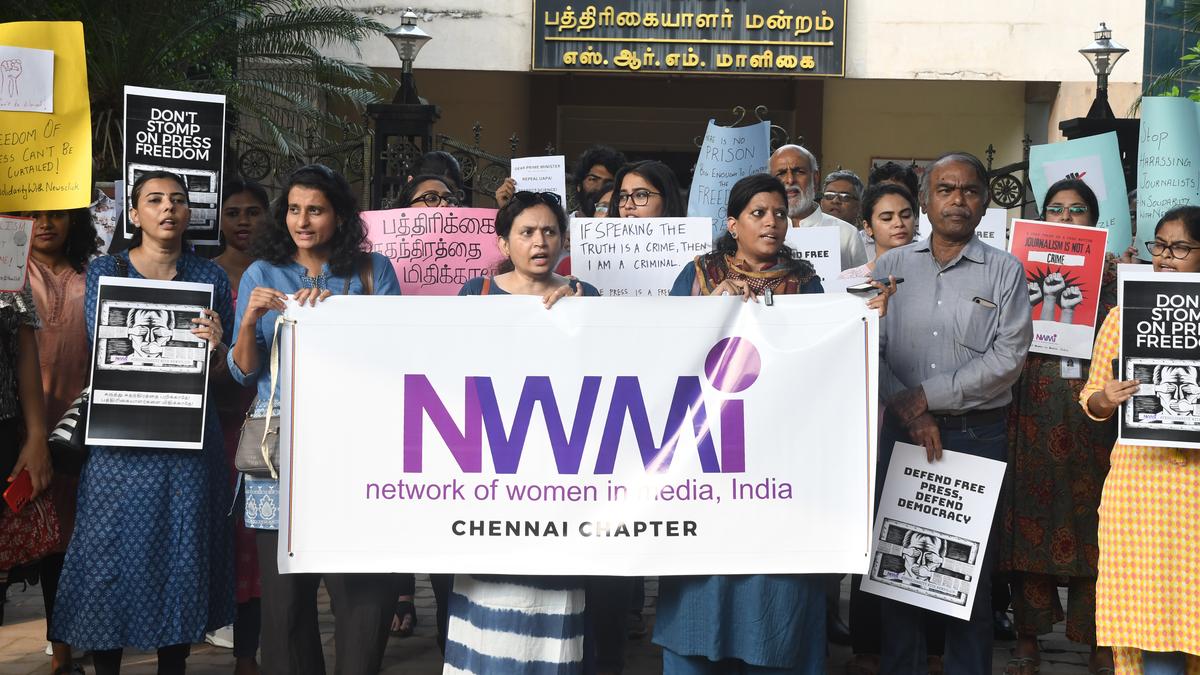
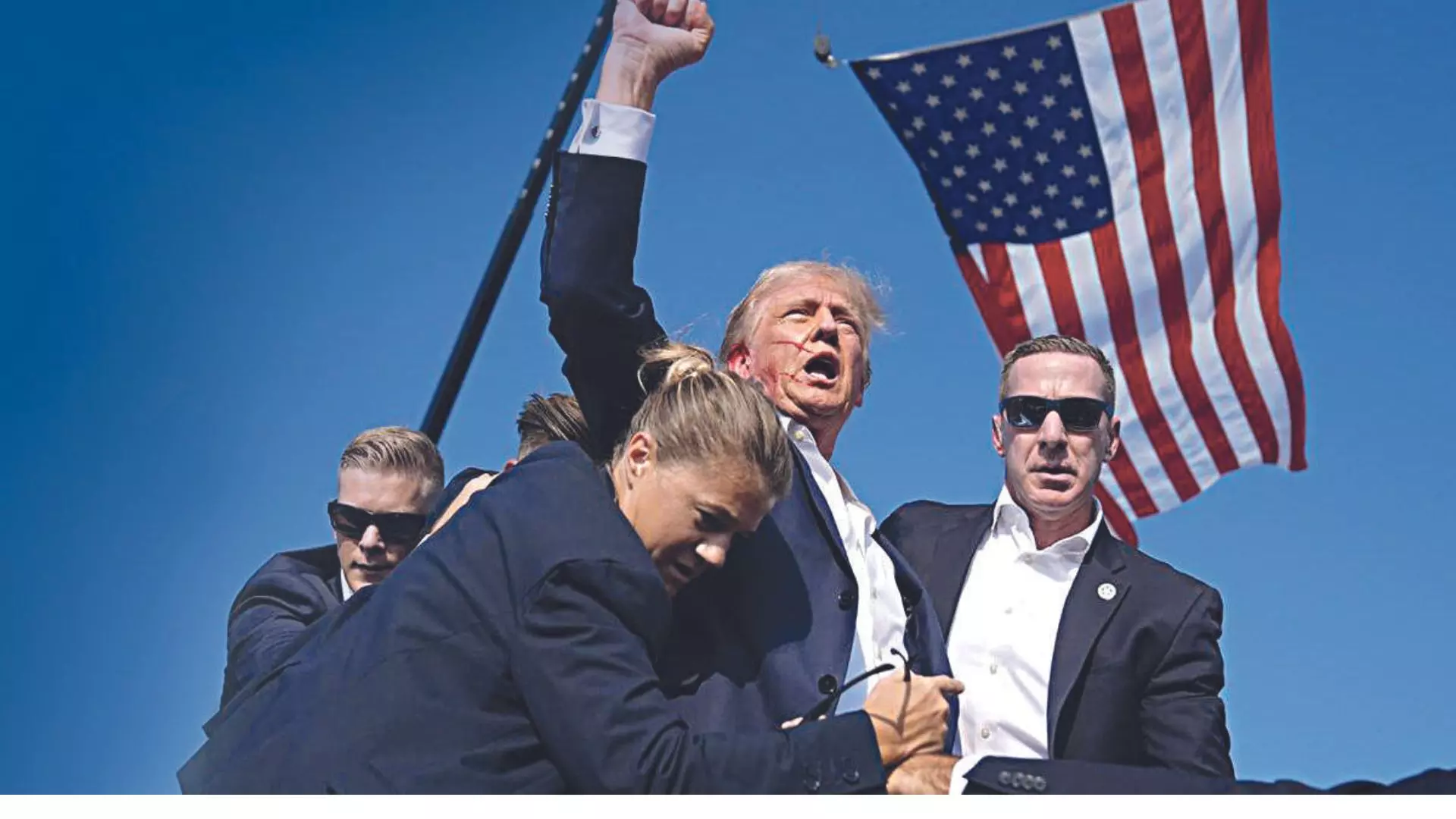




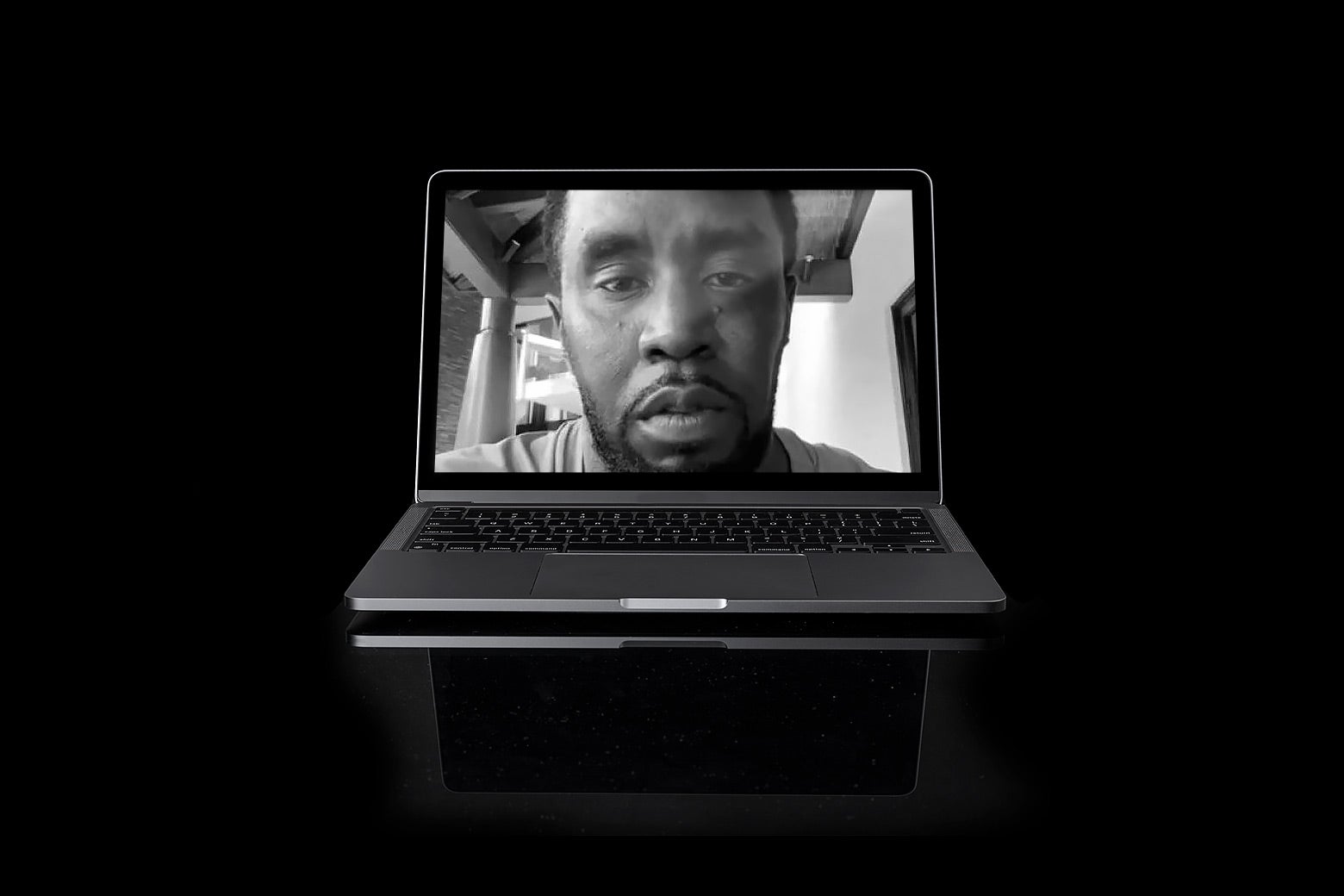



)
